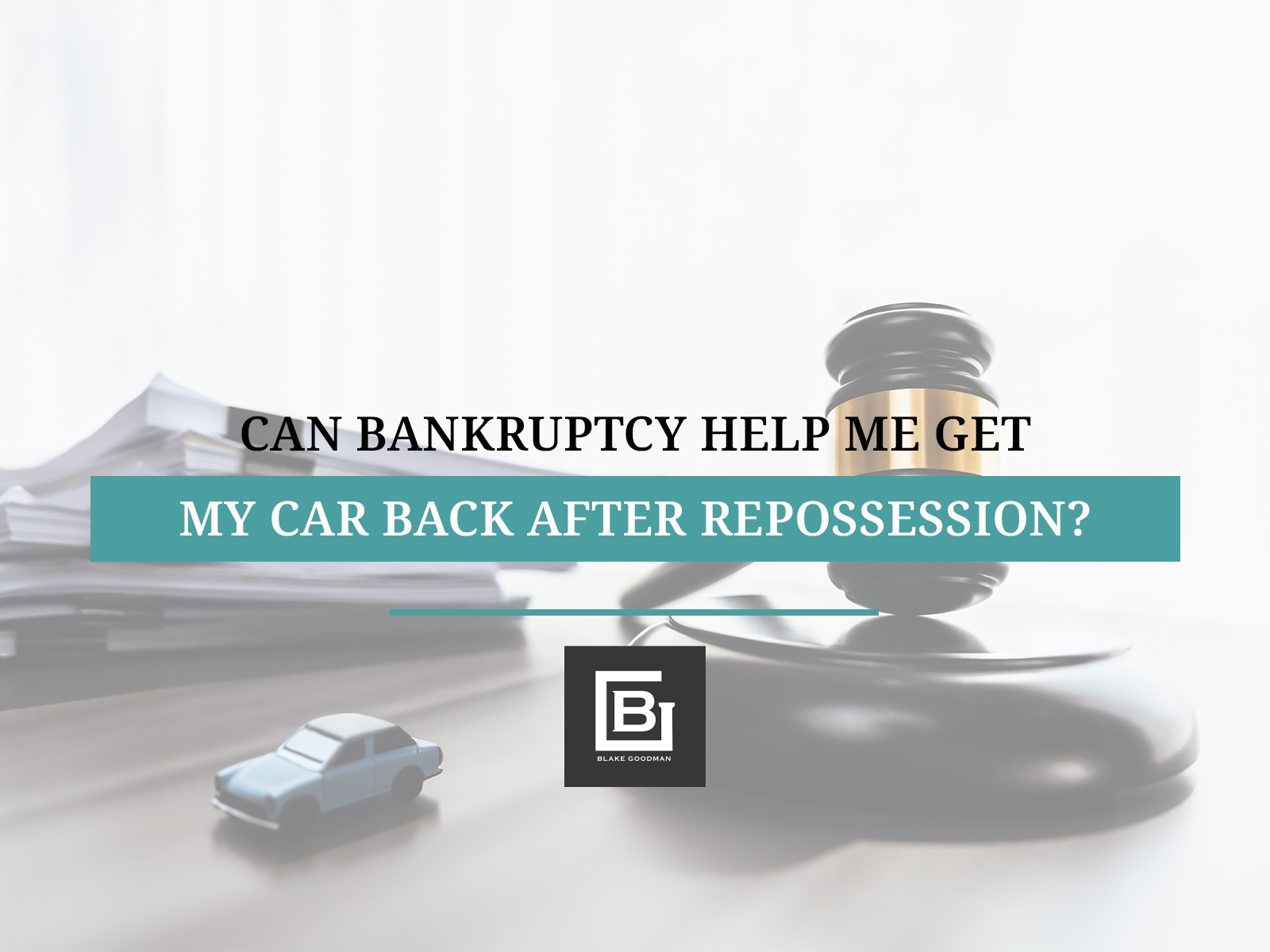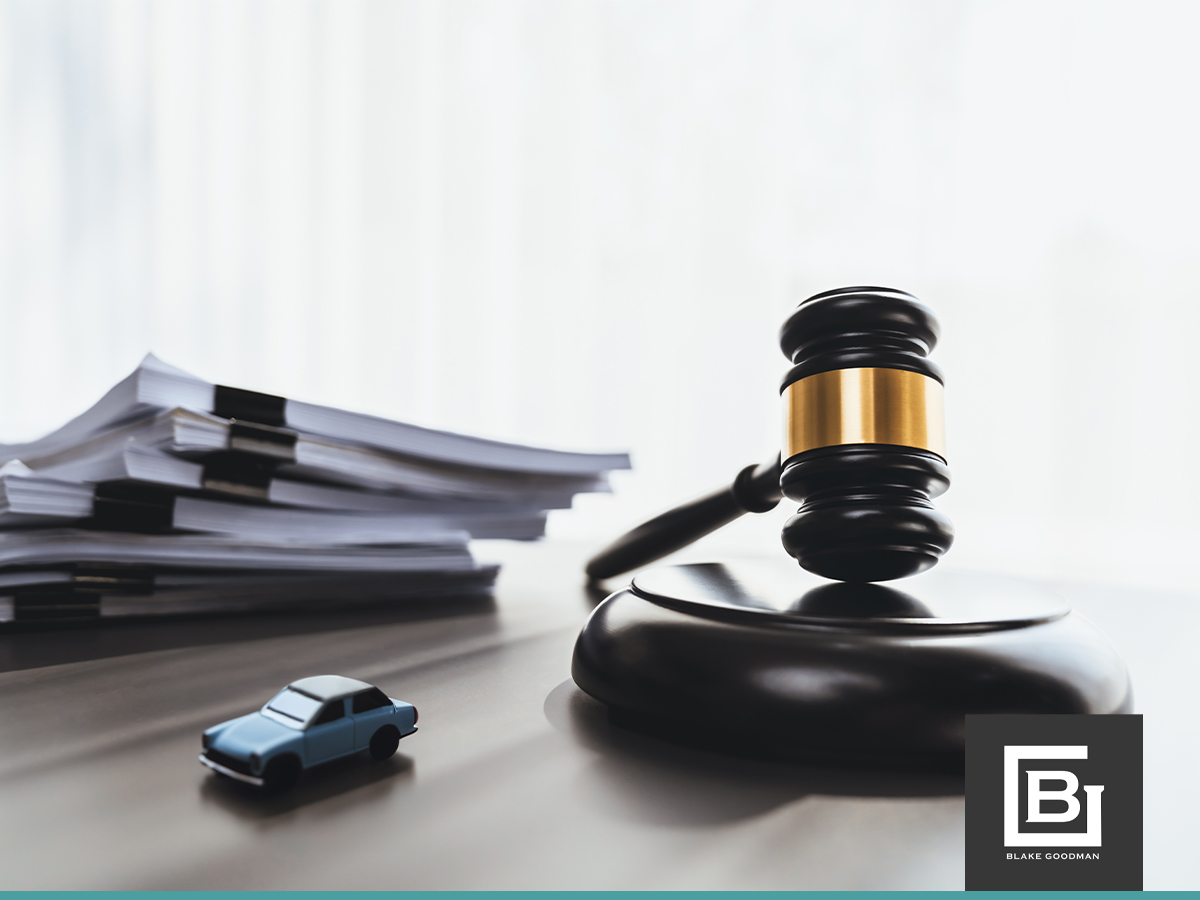Exploring the Potential of Bankruptcy to Recover a Repossessed Vehicle
Losing a vehicle to repossession can be a significant blow, impacting daily life and personal freedom. If you’ve experienced this setback, you might be wondering, “Can bankruptcy help me get my car back after repossession?” According to bankruptcy attorneys, bankruptcy may indeed be a tool to recover your repossessed vehicle, but the timing and type of bankruptcy filed are crucial factors.
When confronted with repossession, it’s essential to understand your legal options and take swift action. With the assistance of a knowledgeable Maui bankruptcy attorney, you can navigate the complexity of bankruptcy laws and possibly retrieve your vehicle.
Reclaiming Your Car After Repossession
Understanding the repossession process is essential to regaining possession of your vehicle. Here’s what you should know:
- When you miss car payments, the lender can exercise its lien rights and repossess the vehicle. Once repossessed, the lender will sell the car at an auction and use the proceeds to offset your outstanding loan balance.
- Act swiftly to halt the process before the auction to increase your chances of getting your car back. The speed at which your car goes to auction varies based on your lender and state regulations, but typically, it can be within a few weeks.
- If your car has already been sold by the lender, filing for Chapter 7 bankruptcy might not be effective in recovering it. To optimize your chances of retrieval, file for bankruptcy before the sale takes place.
By understanding this process and taking proactive measures, you can go through the complexities of car repossession and bankruptcy more effectively, potentially securing a positive outcome in regaining possession of your car.
Getting Your Car Back After A Chapter 7 Bankruptcy Filing
During the automatic stay period, there are several ways you can pursue to reclaim your car:
- Negotiating with the Lender: The automatic stay’s protection allows you to negotiate with your lender during this time. The lender may be open to modifying your payment amount, loan balance, or interest rate, especially considering the possibility of the debt being discharged through bankruptcy. However, if new terms are agreed upon, you will likely need to reaffirm the debt, making you personally liable for it once again.
- Redeeming the Car: Another option is “redeeming” the vehicle, which involves buying back the car for its fair market value. This approach can be beneficial if your loan balance exceeds the car’s current value. For instance, if your car is worth $2,000, but your loan balance is $5,000, you can redeem the car by paying the lender $2,000.
- Seeking Court Approval for Redemption: To redeem the car, you must file a motion with the bankruptcy court. If the court approves the redemption, you will need to make a lump sum payment of the redemption amount. Your bankruptcy lawyer can help you connect with a redemption lender to facilitate this process.
By exploring these options and leveraging the protection of the automatic stay, you can take significant steps towards reclaiming your car and resolving the car loan situation during the bankruptcy process.
How Chapter 13 Bankruptcy Can Help Resolve Vehicle Repossession
Chapter 13 bankruptcy, often known as a “reorganization” bankruptcy, allows you to create a repayment plan to cover your debts over a period of 3 to 5 years. As bankruptcy attorneys will explain, if you file for Chapter 13 bankruptcy quickly enough after your car has been repossessed, you may be able to get it back.
The automatic stay that comes into effect when you file for bankruptcy can halt the repossession process, including the auctioning of your vehicle, giving you a window to arrange for its return.
If you file for Chapter 13 bankruptcy before the car sale, you have the option to compel the lender to return your vehicle and include the loan in your repayment plan, which spans three to five years. Additionally, through a process called “cramming down” your car loan, it might be possible to lower your principal balance or reduce the interest rate on the loan.
However, this strategy requires prompt action and a knowledgeable Maui bankruptcy attorney can guide you through the process to improve your chances of success.
Considering the Implications of Past-Due Payments In Chapter 13
Even if you can get your car back through a Chapter 13 bankruptcy, you will still be required to address the issue of past-due payments. These payments, along with any fees related to the repossession, will typically be included in your Chapter 13 repayment plan.
While this means you can spread out these payments over a longer period, it also adds to the overall amount you need to repay. A Maui bankruptcy attorney can guide managing these payments and crafting a viable repayment plan under Chapter 13 bankruptcy.
Reach Out to a Honolulu Bankruptcy Attorney Today
If your vehicle has been repossessed and you’re exploring the possibility of bankruptcy, don’t hesitate to seek expert advice. At Blake Goodman P.C., our team of experienced Honolulu Bankruptcy Attorneys can help you understand your options and make informed decisions about your financial future.
Don’t navigate these challenges alone. Contact us today and let us guide you through the complexities of bankruptcy law and the recovery of repossessed assets.
This article is courtesy of Arizona Bankruptcy Attorneys, a leading bankruptcy firm located in Arizona. The firm prides itself on providing tailored and comprehensive advice on various bankruptcy matters, including asset recovery and navigating complex bankruptcy laws.

Email: blake@debtfreehawaii.com
Website: https://www.debtfreehawaii.com/
HONOLULU OFFICE
900 Fort Street MallSuite 910
Honolulu, HI 96813
Phone: (808) 517-5446
AIEA OFFICE
98-1238 Ka'ahumanu StSuite 201
Pearl City, HI 96782
Phone: (808) 515-3441
KANEOHE OFFICE
46-005 Kawa StSuite 206
Kaneohe, HI 96744
Phone: (808) 515-3304
MAUI OFFICE
220 Imi Kala St. #203BWailuku, HI 96793
Phone: (808) 515-2037

Blake Goodman received his law degree from George Washington University in Washington, D.C. in 1989 and has been exclusively practicing bankruptcy-related law in Texas, New Mexico, and Hawaii ever since. In the past, Attorney Goodman also worked as a Certified Public Accountant, receiving his license form the State of Maryland in 1988.


